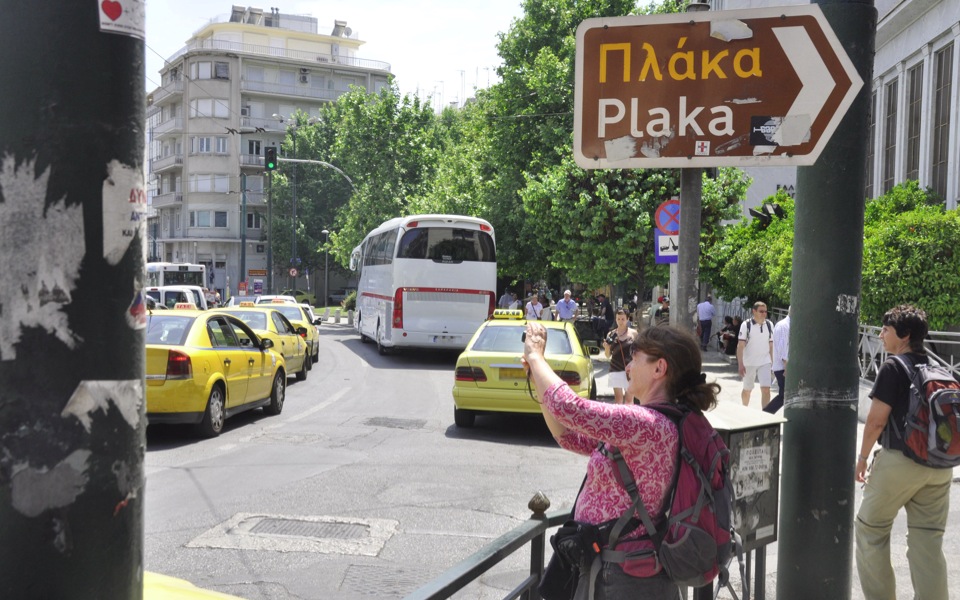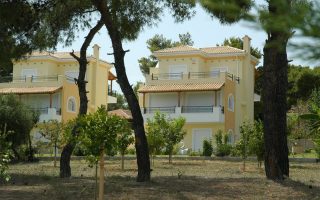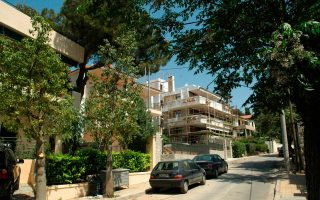Property owners and hoteliers at odds over short-term rentals

Property owners and the representatives of the hotel industry in Greece are in conflict over a regulatory intervention in the rapidly growing new market for short-term lodging rentals via online platforms such as Airbnb, HomeAway and others, as the relevant bill is about to be tabled in Parliament.
According to the federation of property owners (POMIDA) and professionals in the real estate market, the bill will introduce significant restrictions to the short-term rental market, where tax evasion is common practice due to the fact that it is so easy for owners to operate under the radar. Hoteliers add that they are losing revenues to this unfair competition, which doesn’t provide the same quality of service as hotels and isn’t subject to health and safety inspections.
POMIDA’s criticism of the bill focuses on clauses such as that restricting owners to leasing out no more than two properties, while it foresees houses in cities of more than 10,000 people being rented out for a maximum of 90 days per year and in smaller towns and villages only for up to 60 days. If an owner wants to lease out more properties – or one or two properties for a longer period of time – they will have to set up a company. The same applies should an owner’s annual revenues from leasing properties exceed 12,000 euros, irrespective of days leased. A so-called stayover tax – depending on the number of nights the property is rented for – will also be imposed.
According to POMIDA, “any quantitative or qualitative restriction imposed on a market that is impossible to inspect will naturally and by definition lead to illegality and tax evasion.”
Airbnb figures concerning property owners’ activity in the center of Athens show that out of the 2,116 property ads, 43.1 percent concern multiple posts by the same owners. For instance, one owner advertises a total of 46 properties. The average cost per night amounts to 58 euros, while the average monthly income is estimated at 466 euros. The average occupancy rate in the November-March low season is estimated at 29.1 percent, while advertised properties are leased out for 108 days per year on average.
Estate agents say there are investors who have acquired old properties in central Athens, renovated them, and advertised them on Airbnb for tourists to rent. These investors are mainly Greeks, although there also are a number of foreigners who have invested in areas with increased tourism interest, such as Koukaki, Plaka, Psyrri etc, spending as much as 100,000 euros per property, to benefit from this new market without having to set up an enterprise, a practice that Airbnb discourages too as it goes against its property-sharing philosophy.





